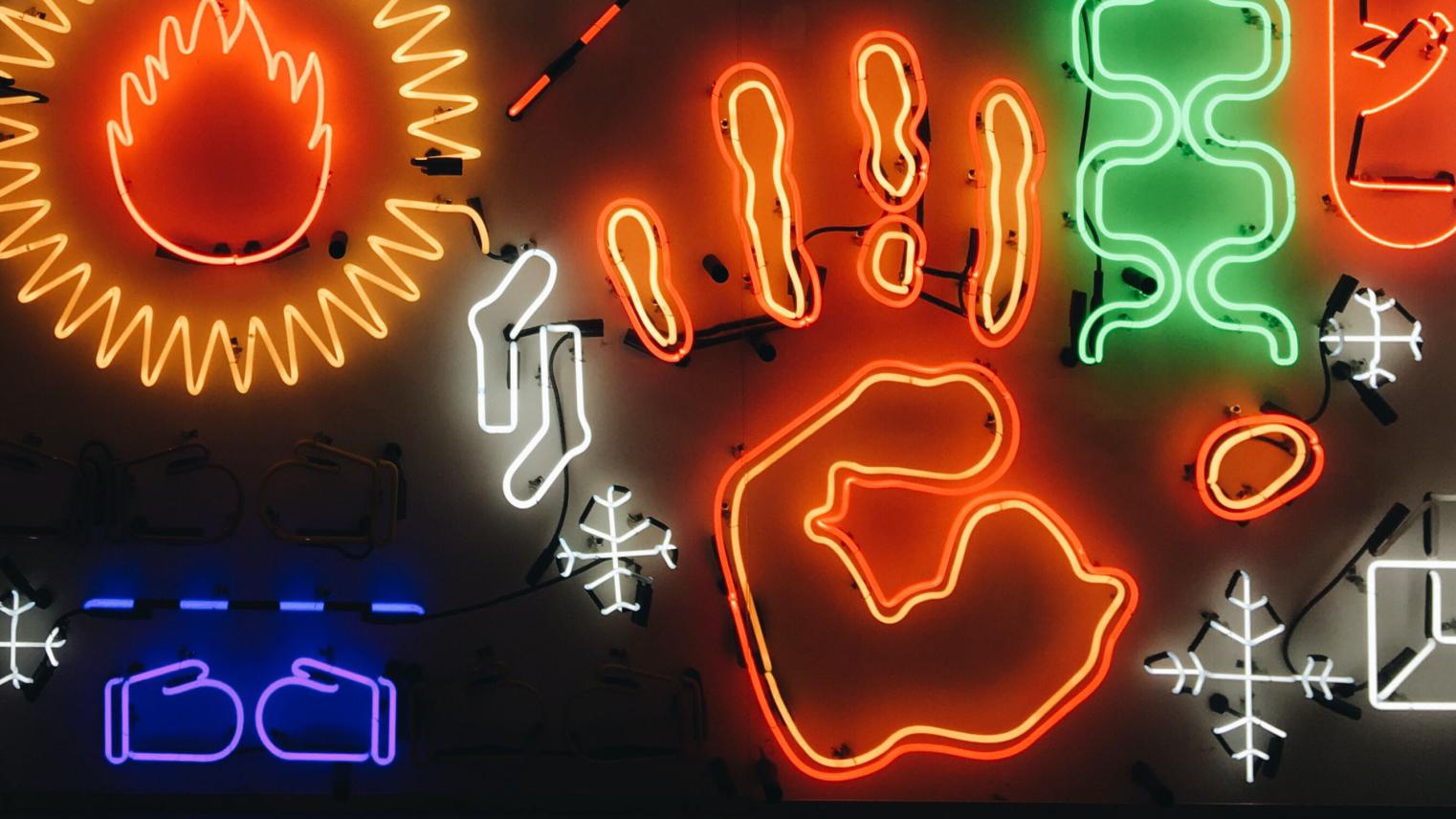The ANU Japan Institute Seminar Series showcases cutting-edge research by leading and emerging scholars based primarily in Australia and Japan. It aims to promote networking among Japan Studies scholars in the two countries and will feature innovative research on the bilateral relationship.
The virtual seminar series will run in 10-week blocks over the two semesters of the academic year (from 2021 to 2023), and will subsequently be made available online for public viewing. Join our mailing list to receive updates and reminders ahead of each seminar.
The virtual seminars will take place from:
- 5-6PM Australian Eastern Standard Time (AEST)
- 4-5PM Japan Standard Time (JST)
- 3-4PM Singapore Standard Time (STST)
After 1 October, with Australian Eastern Daylight Time
- 5-6PM Australian Eastern Daylight Time (AEDT)
- 3-4PM Japan Standard Time (JST)
- 2-3PM Singapore Standard Time (STST)
Hidden Flowers – depictions of sexuality in shōjo and redikomi versions of The Tale of Genji
Renowned as the world’s first novel, UNESCO listed The Tale of Genji has come to symbolise the epitome of Japanese culture, literature, and even, in the form of Prince Genji, Japanese masculinity. As text that is lauded for being written by a woman and populated by over 400 named characters, many of whom are wives, daughters, lovers and mothers, it is fascinating that scholars often focus on Genji as the most handsome, the most accomplished, (the best smelling) example of Japanese masculinity. Indeed, we might consider Johnny’s Juniors early boy band, Hikaru Genji, or the wave of J-pop and K-pop groups that followed in the wake of their roller skates.
The Tale of Genji follows Genji’s exploits with a number of women or, as I like to call them, the wives, mothers, and others. This seminar will look briefly at how key moments in relationships are depicted in manga adaptations by Yamato Waki (1980), Maki Miyako (1988), and the Takarazuka Review (2015’s Shin Genji Monogatari). Particular attention will be paid to how sexuality is described and shown, from fading to white to explicit content. Is there a difference to how women write these scenes? If so, what, why, and how?
Event Speakers

Dr Emerald L. King is a lecturer in Humanities at the University of Tasmania. Her research interests include violence in text, masochistic theory, kimono in Japanese literature, costume representation in anime and manga, and cosplay in Japan and Australia. Her work ties these disparate areas together with an overarching interest in costume and word.

